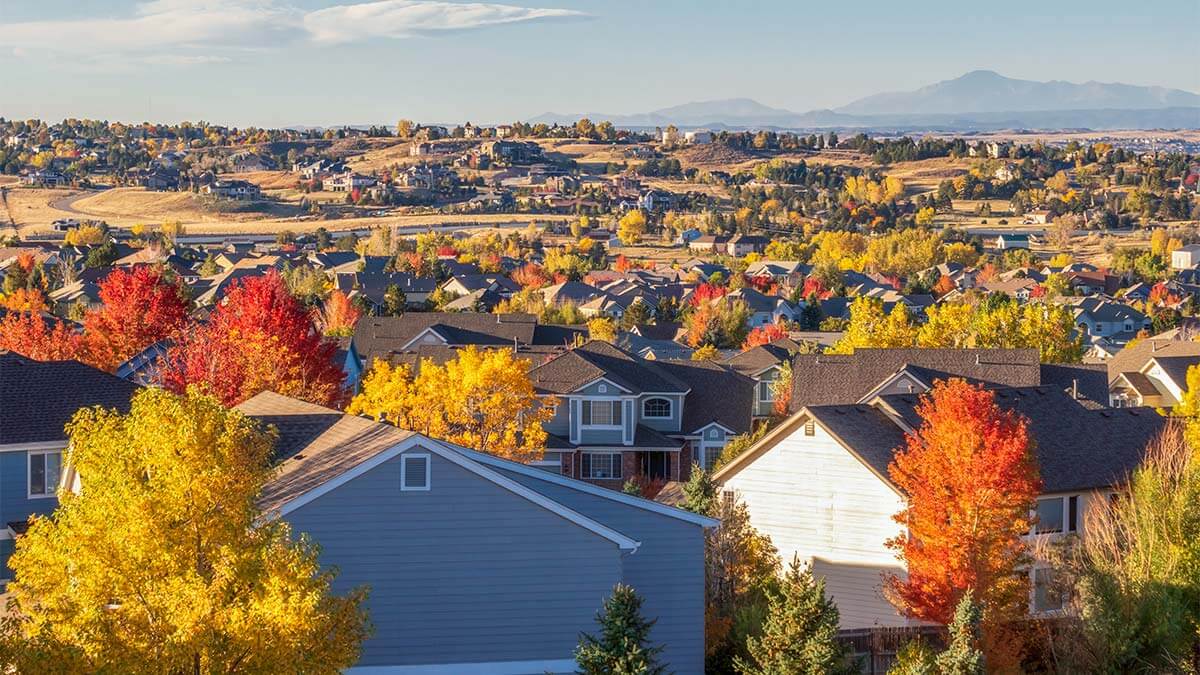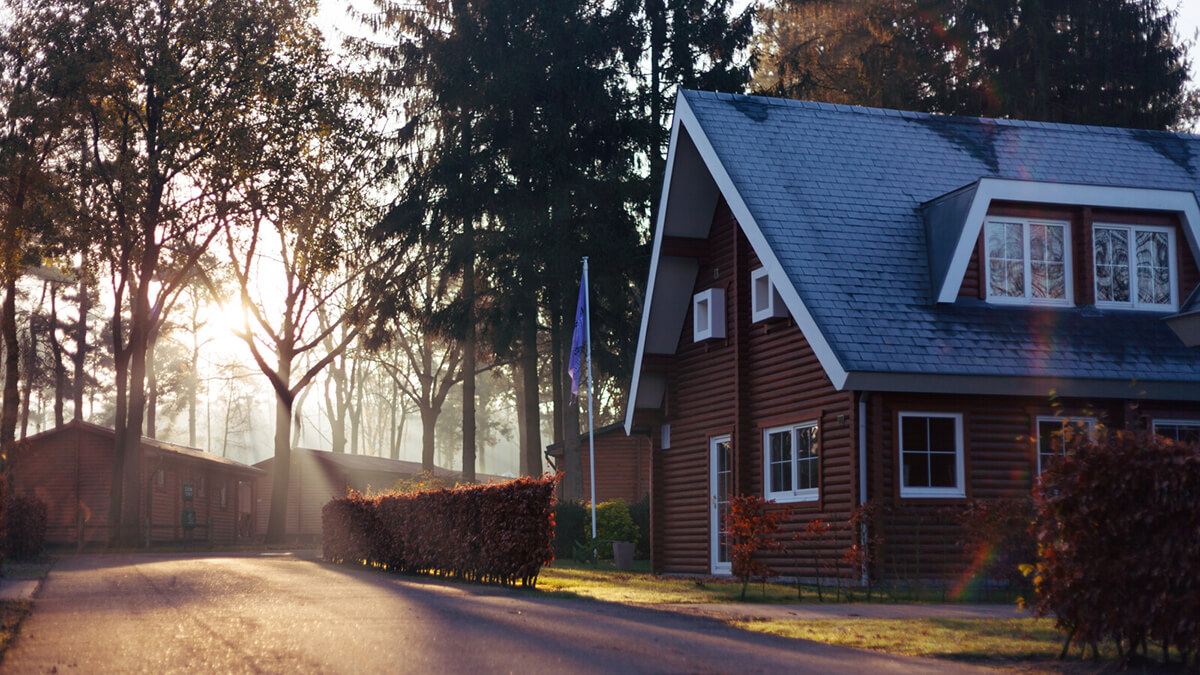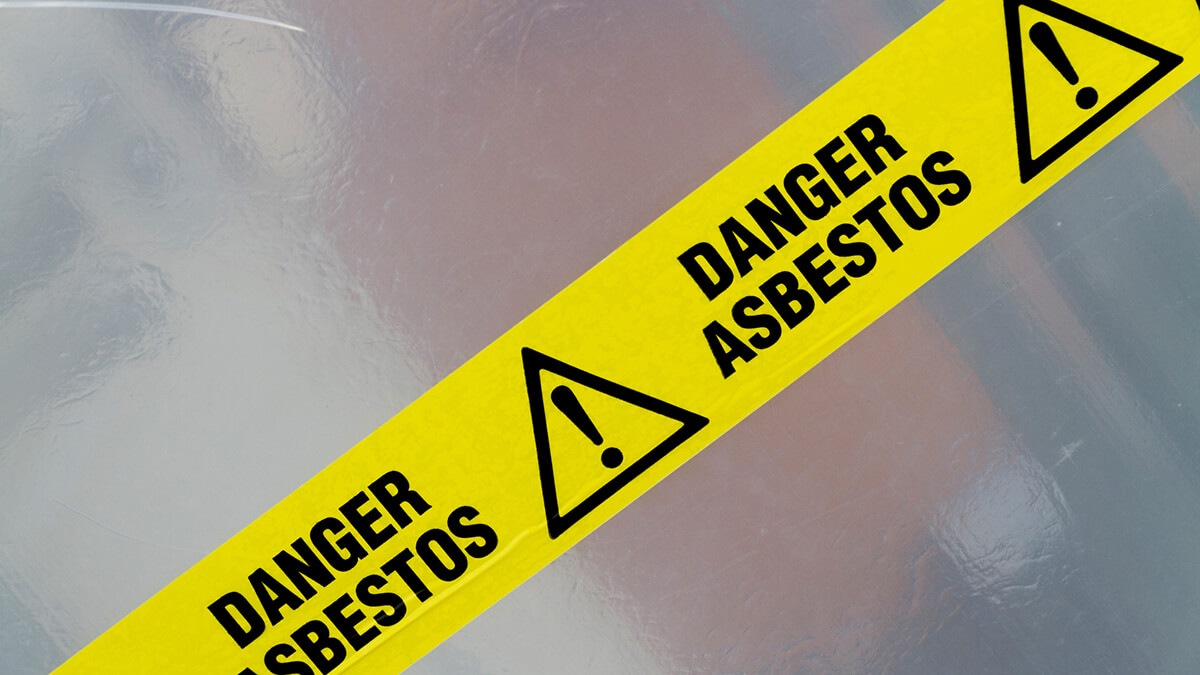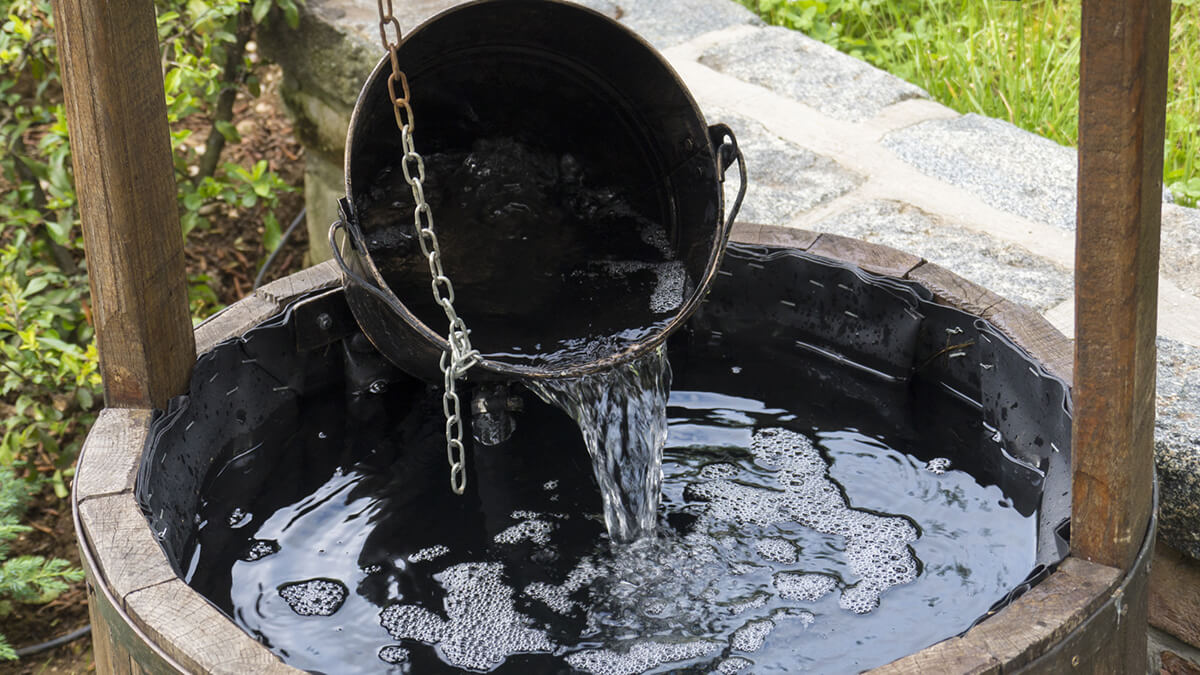Buying your first home in Centennial, Colorado, is exciting, but let’s be honest: it can also feel intimidating. Prices here have climbed quickly, and brand-new homes are often priced higher than older ones. Right now, the typical price for a new-build home in Centennial is around $660,000, which can seem out of reach, especially when you’re trying to come up with a down payment.
But here’s some good news: as a first-time homebuyer, you have options. Centennial buyers can use special grants and assistance programs to significantly cut down on those upfront costs. Some programs can even cover your entire down payment or closing fees, making homeownership achievable much sooner.
I’ve seen firsthand how powerful these grants and incentives can be. In this article, I’ll guide you through the best first-time buyer grants available in Centennial right now, how they pair perfectly with new homes, and exactly what steps you need to take to access them.
Ready to make buying your first home in Centennial a realistic, stress-free experience? Let’s get started.
Table of contents
- Centennial’s New Construction Market Snapshot (2025)
- Why First-Time Buyer Grants Matter
- First-Time Homebuyer Grants and Programs in Centennial (2025)
- Combining Grants with Builder Incentives
- Looking Beyond New Builds: Off-Market Options and Extra Savings
- How to Qualify and Apply – Steps to Get Started
- Making Centennial Homeownership a Reality
- Just Ask Jordan
Instant Valuation, Confidential Deals with a Certified iBuyer.com Specialist.
Sell Smart, Sell Fast, Get Sold. No Obligations.
Centennial’s New Construction Market Snapshot (2025)
Centennial is one of Denver’s most popular suburbs, and for good reason. Great schools, modern amenities, and easy access to downtown Denver attract everyone from young professionals to growing families. And because it’s growing, new neighborhoods filled with brand-new homes are constantly popping up.
Right now, in mid-2025, the median price for a new-build home in Centennial is around $660,000. While that might sound high, it reflects the premium buyers place on new construction, homes with modern designs, energy efficiency, and warranties that remove the hassle of major repairs in the first few years.
But here’s the catch: to buy one of these new homes with a conventional loan, you’ll typically need at least 3–5% down, which is roughly $20,000–$33,000. That’s before factoring in closing costs, which can add another 2–4% to your upfront expenses. For many first-time buyers, these amounts feel impossible to save, especially with rising living costs.
Why First-Time Buyer Grants Matter
Buying your first home isn’t just about finding the right house, it’s about being able to afford it without feeling overwhelmed. Many first-time buyers in Centennial have steady jobs and good credit, but saving up enough cash for the down payment can still be tough.
That’s exactly why first-time buyer grants and assistance programs exist. They help you cover the upfront costs, meaning you don’t need to drain your savings or borrow from family.
Here’s why these grants matter, especially in Centennial:
- Less cash upfront: Typically, you’ll need at least 3–5% of the home’s price upfront. For a $660,000 home, that’s between $20,000–$33,000. Grants can cover all or part of this.
- Fewer barriers to homeownership: Programs are often designed specifically to help middle-income families, young professionals, or anyone struggling to save for that large initial payment.
- Financial breathing room: With less money required at closing, you’ll have more flexibility to handle other homeownership costs, like moving expenses or furnishing your new home.
Grants vs. Forgivable Loans: What’s the Difference?
Not every assistance program is the same, so here’s a quick breakdown of the most common types:
- Grants: This is essentially free money. You don’t need to repay it, as long as you meet basic conditions, such as staying in the home for a certain period (typically around three years).
- Forgivable Loans: These loans don’t have monthly payments and usually charge no interest. Instead, if you live in the home for the agreed amount of time (often 3–5 years), the loan is forgiven entirely. If you move or sell early, you simply repay a portion of the loan.
For example, the Colorado Housing and Finance Authority (CHFA) offers a popular down-payment grant providing up to 3% of the purchase price, which means you could get up to about $19,800 for a home priced at $660,000, and you never have to pay it back.
On top of that, Centennial buyers often layer these grants with builder incentives or lender programs to maximize savings, making homeownership not only achievable but affordable.
First-Time Homebuyer Grants and Programs in Centennial (2025)
If you’re considering a new-build home in Centennial, several programs exist specifically to help first-time buyers like you. Here’s an easy breakdown of the best options currently available:
1. CHFA Down Payment Assistance Grant
Who runs it: Colorado Housing and Finance Authority (CHFA)
How much you get: Up to 3% of your home’s purchase price
Example: On a $660,000 home, you could receive about $19,800
Key benefits:
- This is a true grant, meaning you never have to repay it.
- Eligible for new-build homes.
- Minimal personal cash required (only $1,000 of your own money).
2. CHFA Second Mortgage (Deferred Loan)
Who runs it: CHFA
How much you get: Up to 4% of your mortgage amount
Example: A loan of $600,000 could give you up to $24,000
Key benefits:
- No monthly payments, and 0% interest.
- You repay this only if you sell or refinance your home.
3. Metro DPA Program
Who runs it: Denver-area local governments (available in Centennial)
How much you get: Typically up to 5% of your loan amount
Example: A $500,000 mortgage can get you up to $25,000
Key benefits:
- Fully forgivable after 3 years of living in the home.
- Available for FHA, VA, and conventional loans.
- Generous income limits (households earning up to ~$200,000/year can qualify).
4. Wells Fargo Homebuyer Access Grant
Who runs it: Wells Fargo Bank
How much you get: Flat $10,000 toward your down payment
Key benefits:
- This is a direct grant, no repayment required.
- Can combine easily with CHFA programs.
- Centennial buyers are eligible.
5. NeighborhoodLIFT Grant (When Available)
Who runs it: Wells Fargo and local nonprofits
How much you get: Up to $15,000
Key benefits:
- Completely forgiven if you stay in the home for 3–5 years.
- Limited-time availability, check regularly for new funding rounds.
Additional Options: FHA and VA Loans
Although not grants, these federal loan options significantly reduce your down-payment requirements:
- FHA Loan: Only 3.5% down (about $23,000 on a $660K home).
- VA Loan: 0% down payment (if you’re a qualifying veteran or active service member).
These can be combined with grant programs above, further reducing your upfront costs.
Pro Tip: Stack Your Savings
You’re not limited to just one program, many Centennial buyers successfully combine multiple grants, loans, and even builder incentives. For example, you might pair CHFA’s grant with a Metro DPA forgivable loan and a builder-offered closing-cost credit. Doing this can easily double or even triple your savings.
In the next section, I’ll explain how to strategically combine these grants and builder incentives for maximum benefit.
Combining Grants with Builder Incentives
Buying a brand-new home in Centennial doesn’t just mean tapping into grant programs. You can also benefit from builder incentives, special deals offered by developers to make their homes more attractive. These incentives often include:
- Credits toward your closing costs
- Interest rate reductions (temporary or permanent)
- Free upgrades, such as appliances or smart-home technology
When you combine these builder incentives with first-time buyer grants, your savings multiply.
How It Works: A Real-Life Example
Let’s say you’re buying a newly built home listed at $650,000 in Centennial. Normally, your upfront costs would look like this:
- Down payment (5%): $32,500
- Closing costs (approx. 3%): $19,500
Total upfront: Around $52,000
That’s daunting for most first-timers.
Now, imagine you leverage a few programs and builder incentives:
- CHFA 3% Grant: Covers $19,500 of your down payment
- Metro DPA Forgivable Loan: Provides another $12,000 toward closing costs
- Builder Closing Cost Credit: Adds another $7,500
Your new upfront total? Just around $13,000, a massive difference.
Builder Incentives Available in Centennial (2025)
Many reputable builders in the Centennial area currently offer incentives. Examples include:
- Richmond American Homes offering $15,000 toward closing costs when using their preferred lender.
- Lennar Homes providing interest-rate buydowns that significantly lower monthly payments in the first few years.
- Oakwood Homes frequently offers up to $25,000 in buyer credits or special reduced-interest financing options.
Always ask the builder’s sales representative about current promotions. Even if incentives aren’t advertised, builders are often willing to negotiate, especially if you have grant funding already approved.
How to Combine Builder and Grant Incentives Effectively
Here’s a quick action plan to get the best combined savings:
- Get pre-approved for assistance programs first, so you know exactly how much you’re receiving in grants or loans.
- Visit new-home communities and clearly inform builders you have grants lined up.
- Ask specifically: “Do you offer any closing cost credits or financing incentives?”
- Have your realtor negotiate on your behalf, especially if you’re combining multiple assistance programs.
Combining these benefits means buying your first home can become not only affordable, but also financially comfortable.
Looking Beyond New Builds: Off-Market Options and Extra Savings
Not every great deal for first-time buyers shows up online or in new neighborhoods. Some of the best homes in Centennial never even get listed on public sites. I’ve helped a lot of buyers find these places, quietly, before the rest of the market catches on.
If you let me know what you’re looking for, along with your prequalified amount and what really matters to you, I can tap into my local network and show you off-market homes that fit. These aren’t houses you’ll see advertised everywhere. Sometimes you get in earlier, with less competition and more room to negotiate.
On top of that, I work to get you better terms, like lower mortgage rates, reduced fees, and help with closing costs. It’s all about putting you in your first home with as little stress and as much savings as possible.
How to Qualify and Apply – Steps to Get Started
Wondering exactly how to access these grants and builder incentives? Follow this easy, step-by-step guide:
Step 1: Complete a Homebuyer Education Course
Almost every grant program requires that you complete a homebuyer education class. These classes help you understand mortgages, budgeting, and how to maintain your new home. Classes can be done online, typically lasting only a few hours.
- Recommended resource: CHFA-approved homebuyer education courses
Step 2: Check Your Eligibility and Financial Situation
Most programs have eligibility rules, typically around your income and credit score:
- Typical credit score needed: at least 620 (580+ may qualify with FHA)
- Income limits: usually around $140,000–$200,000 for Centennial programs (depending on your family size and the specific program)
- Minimum cash requirement: usually around $1,000 of your own funds
| Program | 1-2 Person Household | 3+ Person Household |
| CHFA | 140,000 | 161,000 |
| Metro DPA | 180,000 | 200,000 |
| Wells Fargo Grant | 123,000 | 145,000 |
| NeighborhoodLIFT | 125,000 | 150,000 |
Quick tip: Pull your credit report now to spot any issues early, giving you time to fix them before applying.
Step 3: Connect with a Lender Experienced in Grants and New Builds
Not every lender is familiar with down payment grants, forgivable loans, and builder incentives. Look specifically for lenders who frequently handle:
- CHFA mortgages and grants
- Metro DPA forgivable loans
- Builder-backed financing
Your lender will confirm your eligibility, help you choose the best programs, and provide a pre-approval letter to strengthen your offer.
- Find an approved lender: CHFA Participating Lenders
Step 4: Start Shopping for Your Centennial Home
With pre-approval in hand, you can confidently visit new-home communities. Tell builders upfront that you’re working with specific grants and ask directly about current incentives.
Good questions to ask builders:
- “Are you offering any closing cost credits or financing incentives?”
- “Do you have preferred lenders who offer additional benefits?”
Step 5: Secure Your Purchase and Finalize Grant Paperwork
Once you’ve selected a home, your realtor (that’s me!) will negotiate incentives clearly into your contract. Then your lender will coordinate with the grant or assistance programs, ensuring all paperwork aligns with your closing timeline.
- Allow at least 30–45 days for loan and grant processing (possibly longer for homes still under construction).
Step 6: Closing Day. Enjoy Your Savings!
At closing, you’ll sign documents for your primary mortgage and any assistance programs. Thanks to these programs, your out-of-pocket cost at closing can be minimal. Many buyers pay only a fraction of their original upfront costs.
After closing, all that’s left is moving into your new home in Centennial!
Step 7: Stay Informed and Plan Ahead
Some assistance programs require you to live in your home for a certain period (typically 3–5 years) to avoid repayment. Mark these milestones clearly and stay informed of any ongoing requirements, such as annual tax credits if you received an MCC (Mortgage Credit Certificate).
Making Centennial Homeownership a Reality
Buying your first home, especially a brand-new build, can seem overwhelming at first. But with the right tools, grants, and incentives, homeownership in Centennial isn’t just achievable, it’s affordable and realistic.
You now know about programs that can save you tens of thousands of dollars upfront, turning a home priced at $660,000 into something comfortably within reach. You know the exact steps to take and how combining grants with builder incentives can help you move in with minimal cash out of pocket.
As your local realtor here in Centennial, I’ve seen these programs help countless first-time buyers transition smoothly into homeownership. My goal is always to simplify the process so that your first home experience is as stress-free and rewarding as possible.
Ready to see what’s out there and put these programs to work for you? I’m here to help every step of the way.
Compare Cash Offers from Top Home Buyers. Delivered by Your Local iBuyer Certified Specialist.
One Expert, Multiple Offers, No Obligation.
Just Ask Jordan
Yes, absolutely. All the programs we’ve discussed, CHFA grants, Metro DPA, and private grants like Wells Fargo’s, can definitely be used for brand-new homes in Centennial.
Many grants (like CHFA’s 3% grant or Wells Fargo’s $10,000 grant) never require repayment. Forgivable loans, like Metro DPA, only require repayment if you sell or refinance before a set period (usually around 3 years). After that, they’re fully forgiven.
Yes. It’s common for buyers to pair a grant (like CHFA’s) with forgivable loans or builder incentives. This stacking strategy can greatly reduce your upfront and monthly costs.
Most assistance programs require a minimum credit score of about 620, but FHA loans combined with grants can sometimes accept scores as low as 580.
While not required, it’s highly recommended. A realtor (like me!) represents your interests, negotiates the best incentives, and guides you through applying for these assistance programs, at no additional cost to you.
It often is, new homes mean lower maintenance, modern design, better efficiency, and builder warranties. Grants and incentives often make the price difference manageable.
Jordan Wagner is an iBuyer Certified Specialist who helps Denver-area homeowners navigate today’s fast-changing housing market with clarity and confidence. With years of local expertise and a deep understanding of iBuyer programs, cash offers, and traditional sales, Jordan provides straightforward guidance tailored to each client’s situation. Whether you’re exploring the fastest way to sell, weighing multiple offers, or planning your next move, Jordan brings a data-driven, client-first approach that ensures you make informed decisions. Known for his dedication and local market insight, Jordan has earned a reputation as one of Denver’s most trusted housing advisors.




